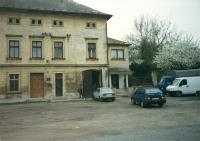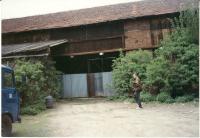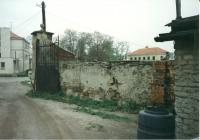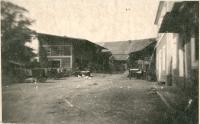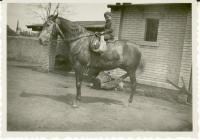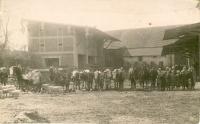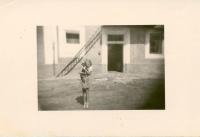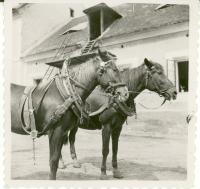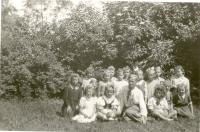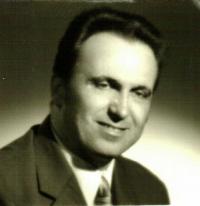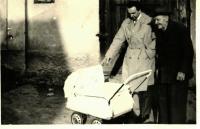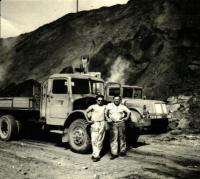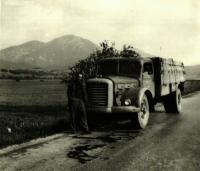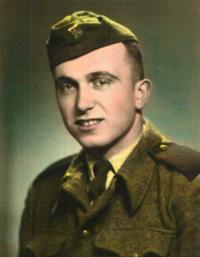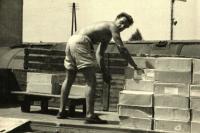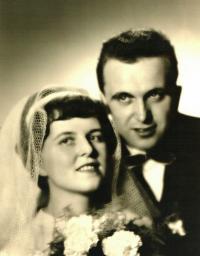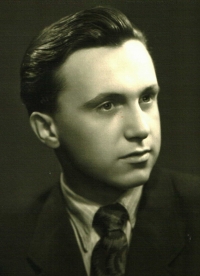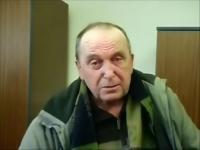What happened, happened.
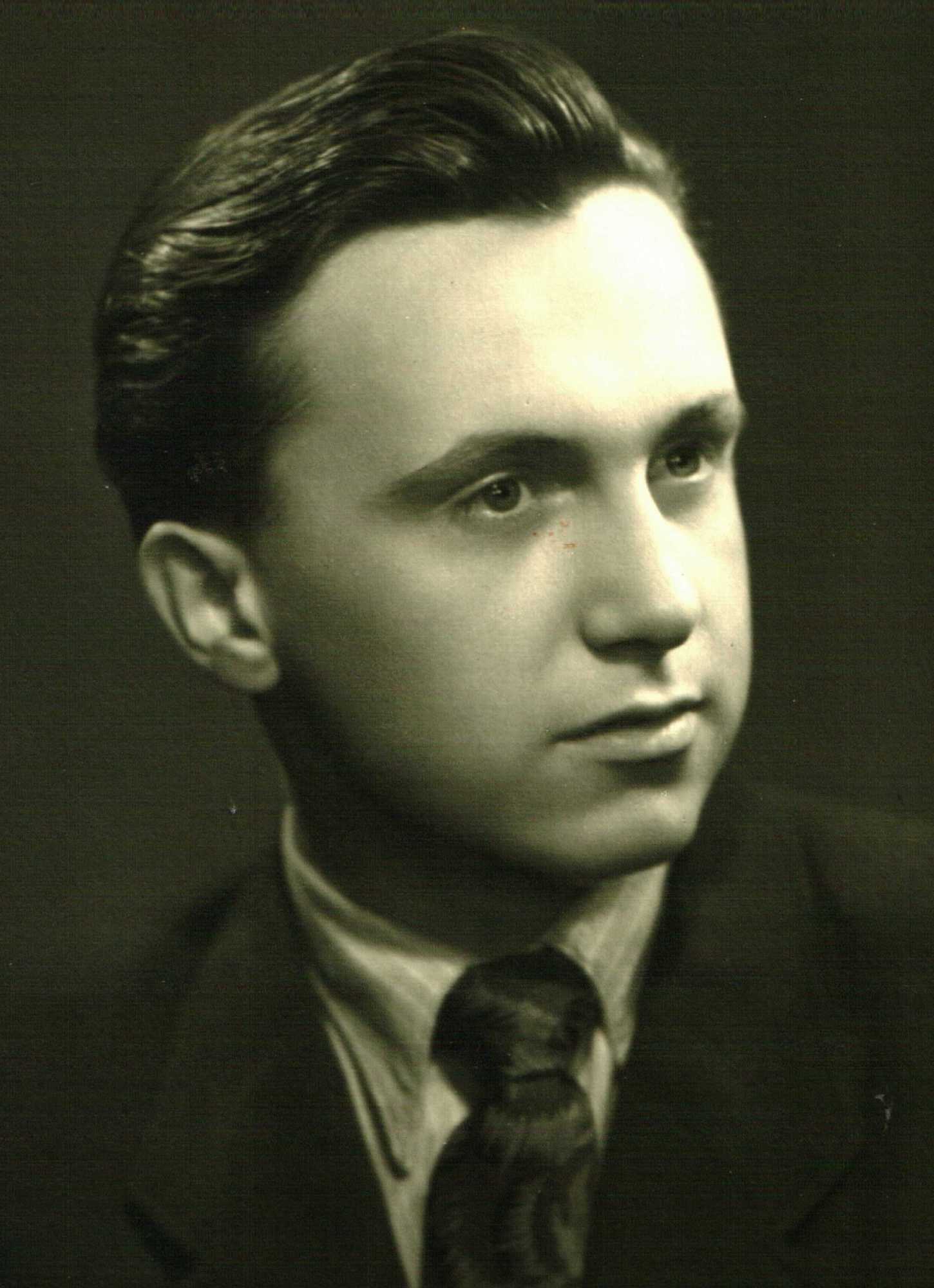
Download image
Miloslav Beneš was born in Horní Počernice in 1935. He remembers well the very end of the Second World War when German troops were fleeing through the village. They settled by the Nolč park and after negotiation, they handed their arms over to lieutenant colonel Ruml, before running further West. Still as a boy, he witnessed how his family was gradually losing all their property. The father of his mother was the owner of the Toulc court, one of the biggest farms in the area at the time. First, they had to reduce the number of farm workers and eventually, they had to release them all. In 1950, the Communists nationalized the Toulc court and Miloslav Beneš, along with his father, had to start working on a state farm at Stáras. Two years later, they were definitively moved out of the object as the director of the state farms wanted the place for himself.An interesting feature of Mr. Beneš’s evaluation of his own past is the fact that he doesn’t think about the persecution times in negative terms. On the contrary, he emphasizes that the local national council was kind enough to them as they didn’t have to leave to Sudetenland as other people had to. He just notes that “it was as it was. There was nothing to do about it. What happened, happened.” In a sharp contrast, other members of the household were deeply touched by the events. A servant got a heart attack and Mr. Beneš´s parents suffered from nervous troubles until the end of their lives.After serving with the combat troops in the mines in Karviná, he became a long-distance drive for Fruta. He stayed in this job until his retirement in 1995. In the same year, his family received the confiscated property through restitution. The buildings were, however, totally desolated.
